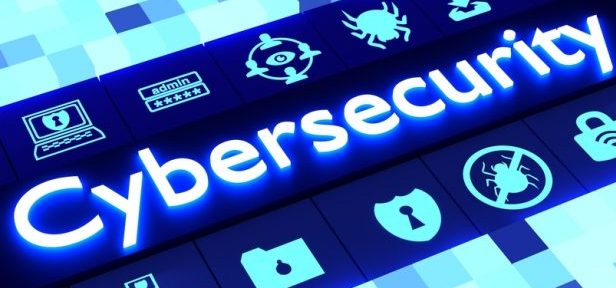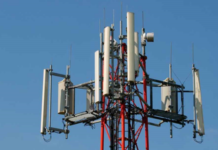Cybersecurity: Trust No One In The Digital World – Kaspersky
TECH DIGEST – Global cybersecurity company, Kaspersky has stressed that the best approach to the cybersecurity quagmire is to have zero trust for anyone in the digital world, especially as no one can consider themselves safe from cyberattacks, scams, malware and other nefarious actions.
The company said though this might come across as cynical, the reality is that in the digital world, no one is totally safe.
It emphasized that zero trust has become a familiar approach in enterprise security. But how can consumers benefit from its principles when perimeter defences such as anti-virus and firewall solutions have long been favoured?
“With Kaspersky research showing that South Africa, Kenya and Nigeria have seen 28 million malware based attacks alone in 2020, emphasising a growing cyberthreat landscape, the answer comes down to one simple statement – trust no one,” said Lehan van den Heever, Enterprise Cyber Security Advisor at Kaspersky in Africa, adding “A zero trust mindset and practiced strategy helps consumers to overcome many of the limitations of perimeter-based solutions.
According to the company, by trusting no one, a consumer is empowered with control over their online presence. Combining this with adequate cybersecurity solutions, people are more aware of the risks out there and less inclined to fall prey to them.
Kaspersky added that this is not to say that traditional solutions should be ignored. Instead, it is about consumers changing their perspective on how they engage in online activities.
Read Also:
“A consumer must always assume that a malicious user is on the other side of any piece of digital communication – whether that is on email, an instant messaging platform like WhatsApp, social networks like Facebook, or even a phone call,” Heever added.
Advertising, promotions, and other marketing activities have become part and parcel of online experiences. However, it is in the familiarity of these tactics that hackers can find ways to exploit and compromise a consumer’s device or even gain valuable personal information to perpetrate identity theft and carry our cybercriminal activities.
To combat this, many local banks, financial institutions, and even online stores have started embracing multi-factor authentication as part of their zero trust strategies. Essentially, this is where a consumer receives a one-time password (OTP) to confirm they are logging in to their banking accounts or making an online purchase. The benefit of this is that it combines something the person knows (for example, a password) with that of access to a physical device (a cellphone to receive the OTP).
The COVID-19 pandemic has further exacerbated the risk of online scams and cyberattacks targeting consumers today. Many of the recent malware attempts Kaspersky has seen prey on people’s goodwill by eliciting donations to charities or other institutions looking to provide food or healthcare to those impacted by the virus. And with many people losing their jobs, the ‘get rich quick’ schemes have also grown significantly in recent months. Simply put, if something sounds too good to be true, then chances are it is, and the request should be deleted or ignored.




















